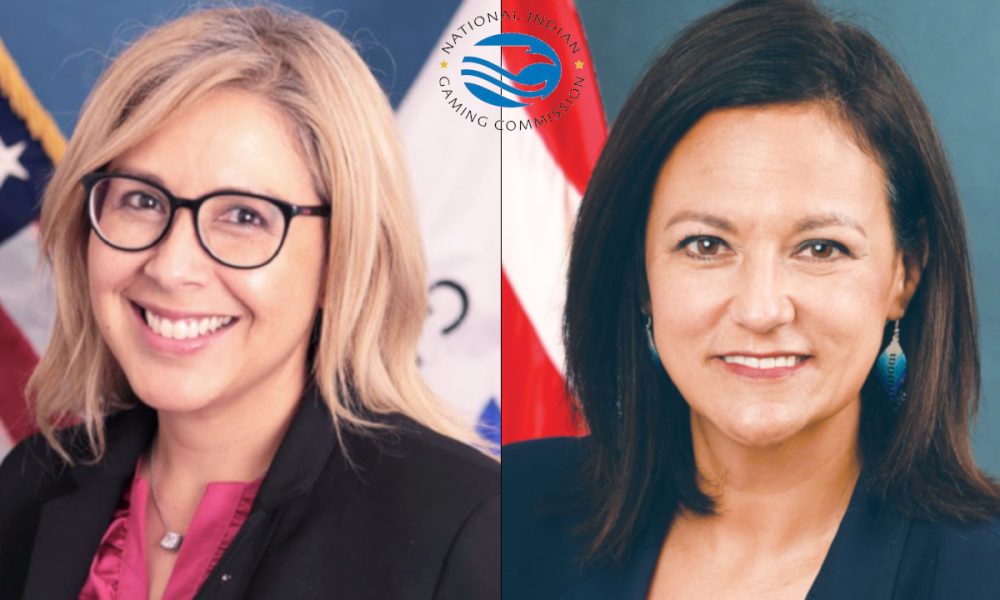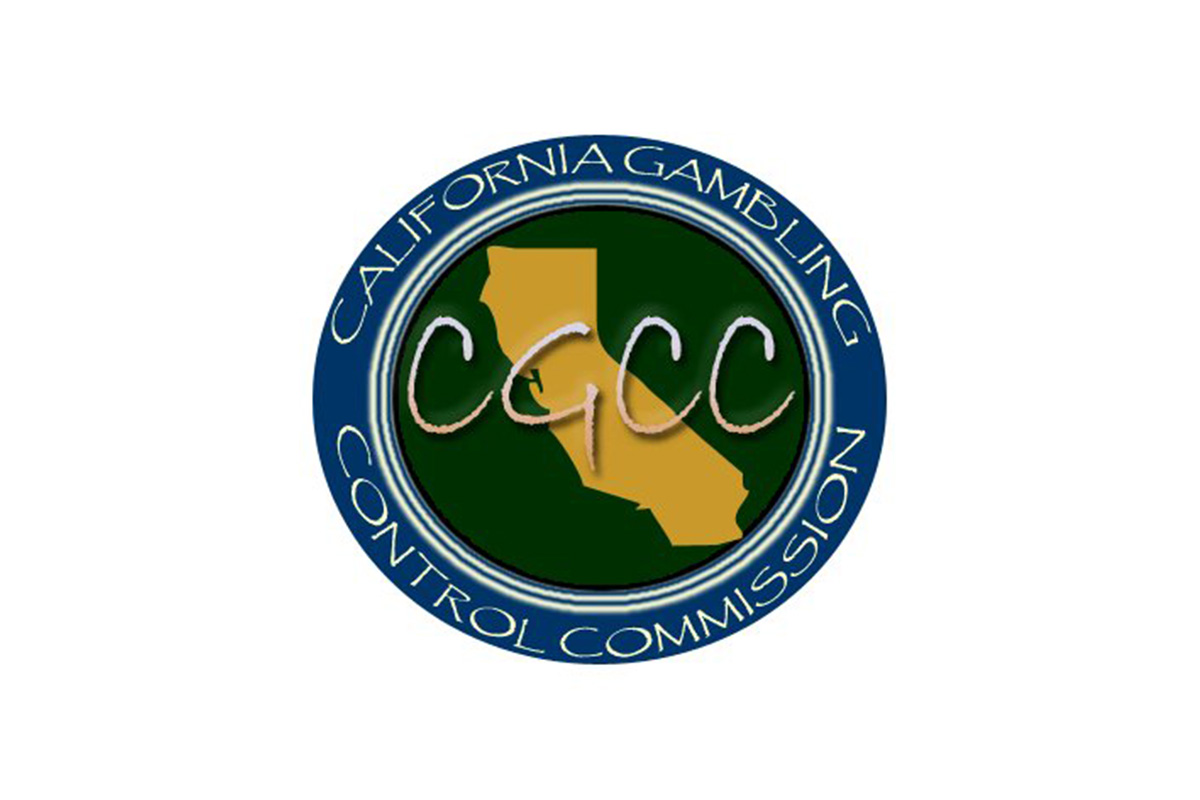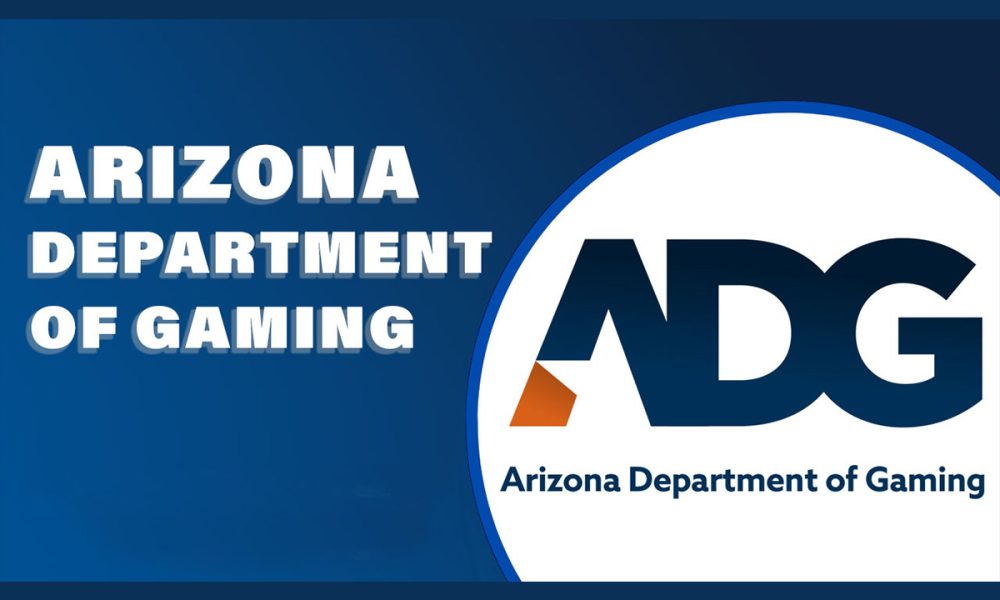

Compliance Updates
Secretary Haaland Announces Appointments to National Indian Gaming Commission
Secretary of the Interior Deb Haaland today announced the proposed appointments of Sharon Avery (pictured, left) and Jeannie Hovland (pictured, right) as Associate Commissioners to the National Indian Gaming Commission.
The Indian Gaming Regulatory Act established the three-person National Indian Gaming Commission in 1988 to support and promote tribal economic development, self-sufficiency and strong tribal governments through the operation of gaming on Indian lands. The National Indian Gaming Commission’s Chair is appointed by the President and its two Associate Commissioners are appointed by the Secretary of the Interior. All National Indian Gaming Commission members serve three-year terms.
“The Biden-Harris administration is committed to ensuring that tribes have the resources they need to exercise their tribal sovereignty and support their communities,” Haaland said. “Not only does gaming support tribal economies, but the funding it generates also helps to support the vital services that tribal nations provide to their citizens; from language preservation to healthcare. Today’s appointments to the National Indian Gaming Commission will help ensure we continue to provide resources and support for an industry that remains one of the most significant sources of economic development in Indian Country.”
Avery is an enrolled member of the Saginaw Chippewa Tribe of Michigan. She currently serves as an Associate General Counsel for the National Indian Gaming Commission’s Office of General Counsel. In this role she has gained familiarity with the agency’s structure and the important role the agency plays within the tribal gaming industry. Prior to joining the National Indian Gaming Commission, Avery worked in the legal department of the Saginaw Chippewa Indian Tribe of Michigan for ten years. She graduated from Michigan State University College of Law with a Juris Doctor degree and a certificate from the Indigenous Law and Policy Center.
Hovland is an enrolled member of the Flandreau Santee Sioux Tribe of South Dakota and currently serves as Vice Chair of the National Indian Gaming Commission. Since joining the National Indian Gaming Commission, she has worked collaboratively to consult with tribes for the promulgation of regulations and to coordinate the agency’s regulatory responsibilities with tribal regulatory authorities. Prior to joining the National Indian Gaming Commission, Hovland served as Commissioner of the Administration for Native Americans and Deputy Assistant Secretary for Native American Affairs at the Department of Health and Human Services and held roles at the Interior Department as well as in the office of South Dakota Senator John Thune.
Appointments to the National Indian Gaming Commission can be finalized following a required 30-day public comment period. Information on how to comment and full biographies of the appointees can be found in the accompanying Federal Register notice.
Compliance Updates
Football Season Kicks Off: Arizona Department of Gaming Warns of Gambling Scams and Highlights Consumer Protection Tools

September is Responsible Gaming Education Month, and the Department is reminding fans to play it safe with tools like Check Your Bet, self-exclusion, and the 1-800-NEXT-STEP helpline.
With the football season underway, the Arizona Department of Gaming (“the Department”) is warning Arizonans about the growing risks of unlicensed online casinos and sportsbooks. September also marks Responsible Gaming Education Month, making this an important time to remind fans that if you choose to play, play it safe by choosing a regulated operator.
Regulated gaming offers important consumer protections, helping ensure fair play, data security, accountability, and a safer overall experience. The Department has seen an increase in consumer complaints about unlicensed gambling operations in recent months, a trend expected to intensify as football season kicks off and the busiest event wagering period of the year begins. Common issues include unfair or misleading terms, difficulty withdrawing winnings, and accounts being frozen without explanation, often after a withdrawal request.
“Responsible Gaming Education Month is the perfect time to remind Arizonans that while legal, regulated gaming options are available to all Arizonans ages 21+, there are also deceptive operators eager to take advantage of fans during football season,” said Jackie Johnson, Director of the Arizona Department of Gaming. “Unregulated platforms lack responsible gaming safeguards, age verification, and offer no consumer protections, which puts Arizonans at risk. That’s why the Department is promoting resources to give every Arizonan the tools they need to make informed choices and play responsibly.”
To help protect Arizonans, the Department has launched a new Responsible Gaming website and is spotlighting three key resources this month:
- Check Your Bet– If you choose to participate in gaming, opting for legal, regulated operators is the best way to protect yourself. Playing responsibly means knowing your operator is licensed and that you meet Arizona’s legal gaming age of 21+. This online resource helps Arizonans confirm they’re using a legal site, which helps protect against fraud, identity theft, and other risks.
- Self-Exclusion Program– A free, confidential program that allows people to voluntarily limit their access to Arizona’s regulated gaming. The statewide self-exclusion program was established in 2004 for casinos and expanded in 2021 to include retail sportsbooks, event wagering platforms, and fantasy sports platforms. More than 550 Arizonans enrolled in the last fiscal year, and over 11,000 have chosen this option since the program began.
- 1-800-NEXT-STEP – A confidential, 24/7 helpline for anyone seeking support right now, whether for themselves or someone they care about. The helpline connects Arizonans with caring professionals who can provide immediate assistance, low and no-cost treatment referrals, and financial counseling.
These resources, along with more tips and tools, are available at the Department’s new webpage: gaming.az.gov/ResponsibleGaming.
Top 5 Signs of an Unlicensed Gambling Site
The Department urges Arizonans to be cautious and watch for these warning signs that a site or app may be fraudulent or unlicensed:
- No Responsible Gaming Protections – Licensed operators are required to provide responsible gaming tools, including age verification to ensure no one under the age of 21 can play, deposit limits, time limits, self-exclusion options, and access to the 1-800-NEXT-STEP helpline. If you don’t see these tools, it’s a red flag.
- Too-Good-to-Be-True Offers – Promises of “guaranteed wins,” oversized bonuses, or “risk-free” bets are common scam tactics.
- Trouble Getting Paid and No Dispute Resolution – Unregulated sites often delay or deny withdrawals, with little to no process for resolving disputes.
- Unusual Payment Methods – Sites that only accept cryptocurrency, wire transfers, or gift cards instead of secure, standard payment options are a major warning sign.
- Copycat Branding or Poor Site Quality – Some fraudulent sites impersonate legitimate Arizona casinos or sportsbooks, using misspellings, broken links, or look-alike names to trick players into downloading their app or visiting their site.
“Licensed operators in Arizona are required to provide responsible gaming safeguards. When people play on unregulated sites, those protections are missing and people are more vulnerable,” said Elise Mikkelson, Director of the Division of Problem Gambling. “That’s why Arizona’s helpline exists: to ensure every Arizonan has access to the support they need. With more than 11,000 Arizonans choosing to enroll in the state’s self-exclusion program since it began, it’s clear that no one is alone in taking steps to protect themselves. And if you or someone you know is struggling, help is always available.”
How to Report Suspicious Gambling Activity, Fraud, or Identity Theft:
Arizonans who believe they may have encountered an unlicensed or suspicious gambling site are encouraged to report it directly to the Arizona Department of Gaming. Reports help the Department investigate and take action to protect consumers statewide. If you find a website, app, or business that claims to offer legal gaming in Arizona but does not appear to be licensed or authorized by the Department, follow these steps:
- Document the website URL, app, business name, and any promotional materialsassociated with the platform or operator.
- Report itto ADG at [email protected] and the Arizona Attorney General’s Office Consumer Information and Complaints Unit at (602) 542-5763 or by visiting azag.gov/consumer.
- Cease activity on the platform and monitor financial accounts for unauthorized transactions.
- If you suspect identity theft, report it to the Federal Trade Commission (“FTC”): for help in English, go to IdentityTheft.gov, and for help in Spanish, go to RobodeIdentidad.gov.
The Department takes complaints about all illegal gambling seriously. Reports can be made anonymously.
The post Football Season Kicks Off: Arizona Department of Gaming Warns of Gambling Scams and Highlights Consumer Protection Tools appeared first on Gaming and Gambling Industry in the Americas.
California
California Gambling Control Commission Issues New Precedential Decision on Licensing Requirements

The California Gambling Control Commission has issued a new Precedential Decision that addresses licensure requirements for funding sources of Third-Party Providers of Proposition Player Services (TPPPS).
The decision, formally titled Precedential Decision 2025-01, was adopted on August 21, 2025, and is now available on the Commission’s Precedential Decisions page
along with all prior precedential rulings.
This latest decision provides further clarity on licensing obligations and regulatory expectations for individuals and entities involved in funding TPPPS operations—a key aspect of maintaining integrity and oversight in California’s regulated gambling industry.
Stakeholders and members of the public can stay informed by subscribing to receive notifications when new Precedential Decisions are under consideration or adopted. The Precedential Decisions Subscription Signup Form, along with other subscription options for Commission meeting agendas, newsletters, and rulemaking updates, is available on the Commission’s website.
For questions or additional information, contact the Commission at (916) 263-0700 or via email at [email protected]
.
The post California Gambling Control Commission Issues New Precedential Decision on Licensing Requirements appeared first on Gaming and Gambling Industry in the Americas.
Arizona Department of Gaming
Arizona Department of Gaming Issues Cease-and-Desists on “Phoenix Dream Home Sweepstakes”

The Arizona Department of Gaming (ADG) issued cease-and-desist orders to Raffall, a company based in the UK, and to an Arizona resident using the platform to promote the “Phoenix Dream Home Sweepstakes,” currently advertised online and through a separate website, winthisazhome.com, which is marketing the chance to “Win a Luxury $1.3M Arizona Mountainside Home”.
According to the Department’s investigation, the promotion required participants to purchase entries for a prize to be awarded and promised either a home transfer or a cash payout, depending on sales volume. The investigation further determined that the organizers intended to profit from ticket sales. Based on these findings, the Department alleges the activity constitutes an illegal gambling operation under Arizona law.
As part of the enforcement action, Raffall has been directed to remove all gambling-related drawings or giveaways targeting Arizona residents, and the Arizona resident has also been ordered to cease promoting or conducting any unlawful gambling activity.
“Illegal gambling can take many forms and it does not matter if it is labeled a sweepstakes, raffle, giveaway, or drawing. Unregulated operations put Arizonans at risk because there is no oversight, and therefore no accountability or safeguards in place. The Department will continue to take enforcement action to protect consumers, and we urge the public to learn what is legal before participating in or hosting any gambling activity,” said Jackie Johnson, Director of the Arizona Department of Gaming.
The post Arizona Department of Gaming Issues Cease-and-Desists on “Phoenix Dream Home Sweepstakes” appeared first on Gaming and Gambling Industry in the Americas.
-

 gaming3 years ago
gaming3 years agoODIN by 4Players: Immersive, state-of-the-art in-game audio launches into the next generation of gaming
-
EEG iGaming Directory9 years ago
iSoftBet continues to grow with new release Forest Mania
-
News8 years ago
Softbroke collaborates with Asia Live Tech for the expansion of the service line in the igaming market
-
News7 years ago
Super Bowl LIII: NFL Fans Can Bet on the #1 Sportsbook Review Site Betting-Super-Bowl.com, Providing Free Unbiased and Trusted News, Picks and Predictions
-
iGaming Industry8 years ago
Rick Meitzler appointed to the Indian Gaming Magazine Advisory Board for 2018
-
News7 years ago
REVEALED: Top eSports players set to earn $3.2 million in 2019
-
iGaming Industry8 years ago
French Senator raises Loot Boxes to France’s Gambling Regulator
-
News7 years ago
Exclusive Interview with Miklos Handa (Founder of the email marketing solutions, “MailMike.net”), speaker at Vienna International Gaming Expo 2018













